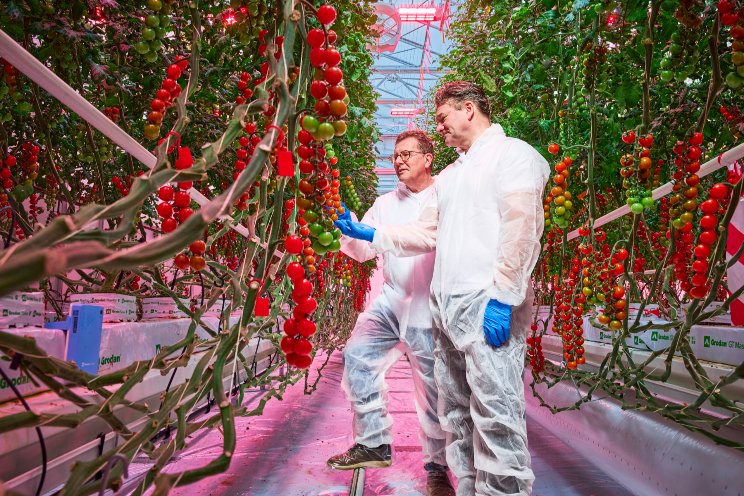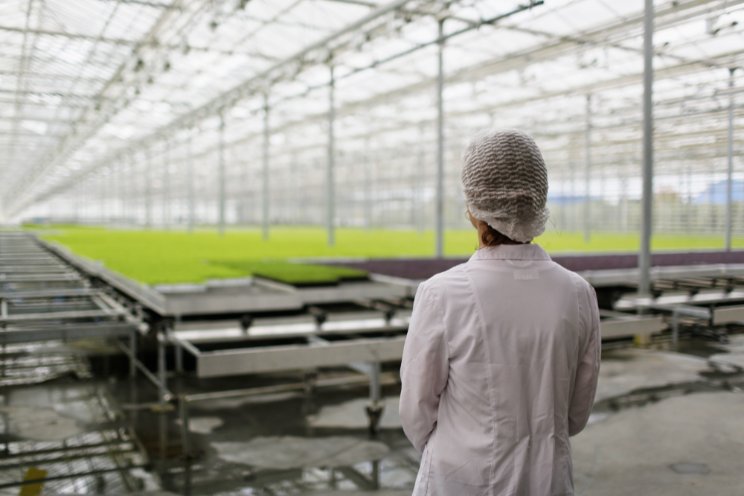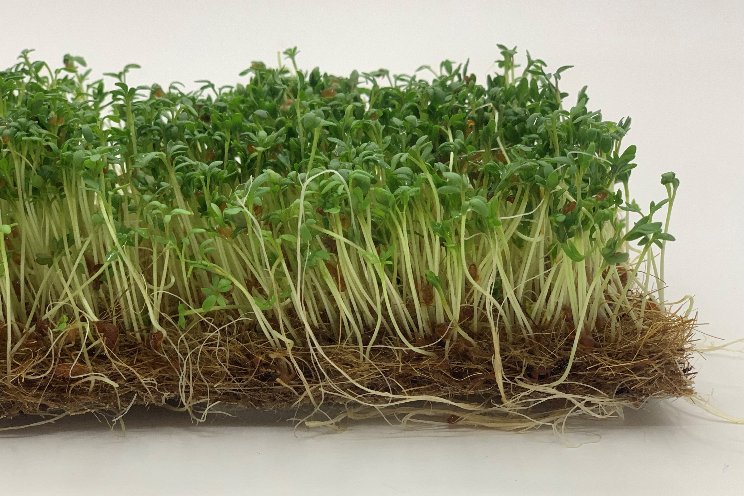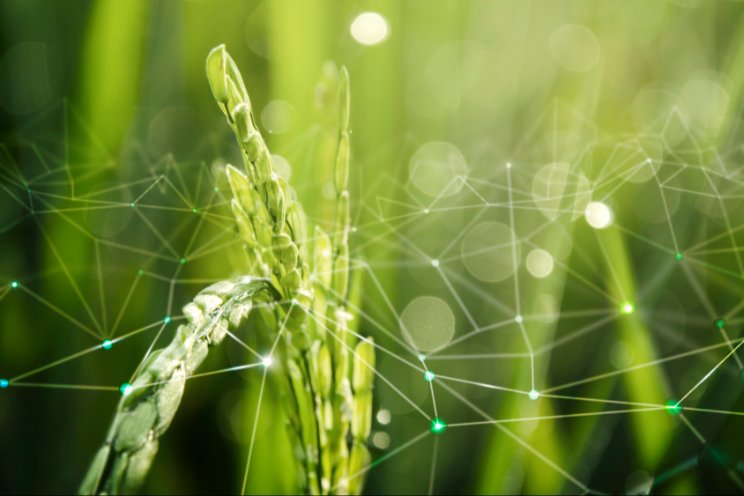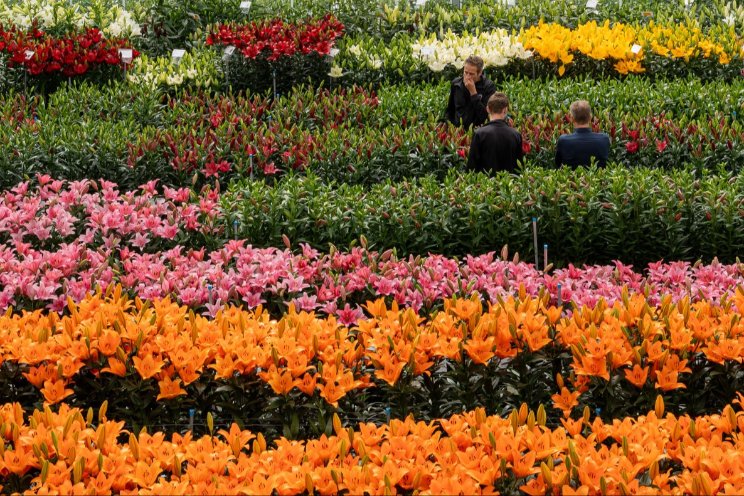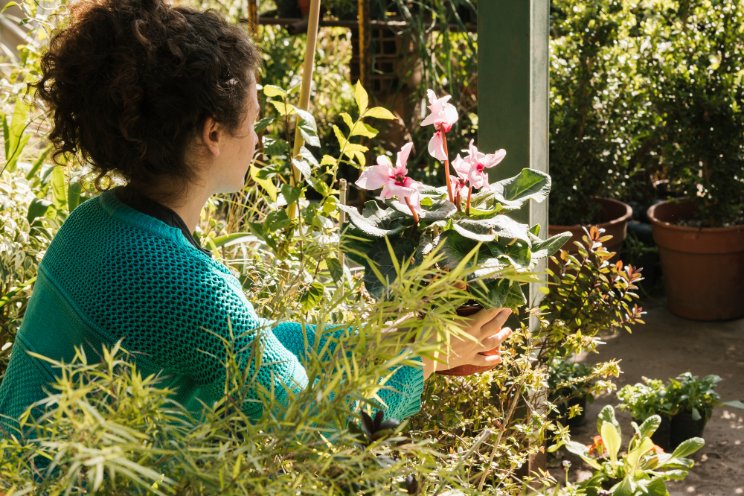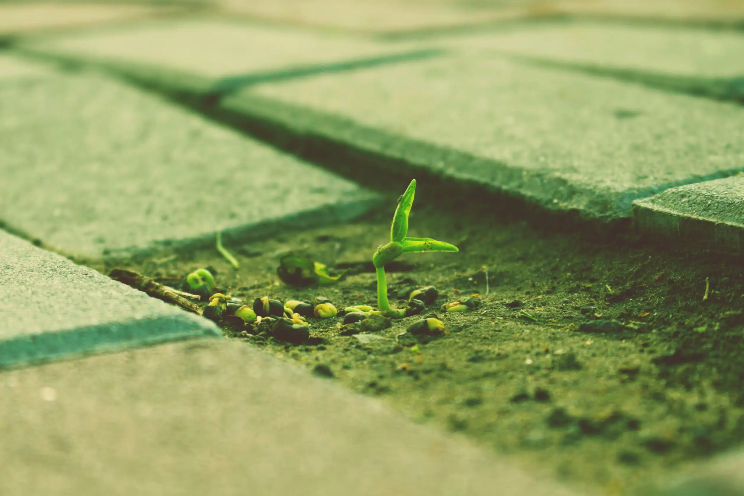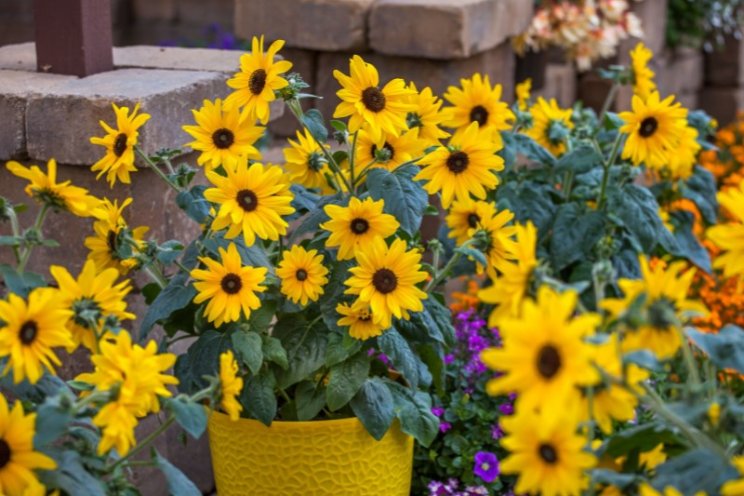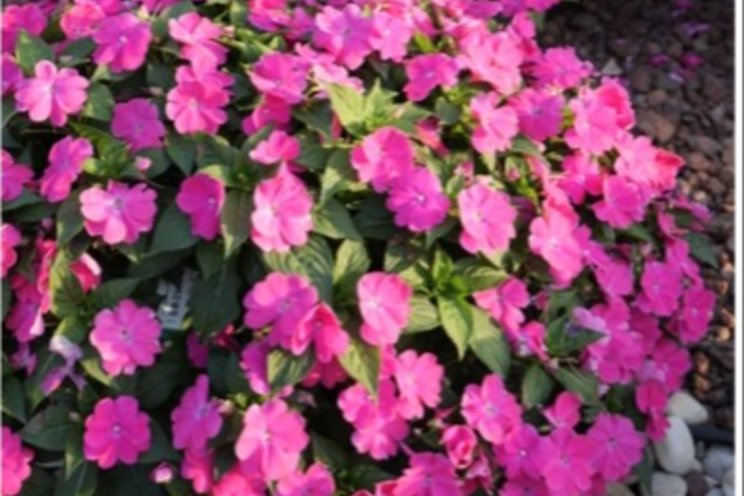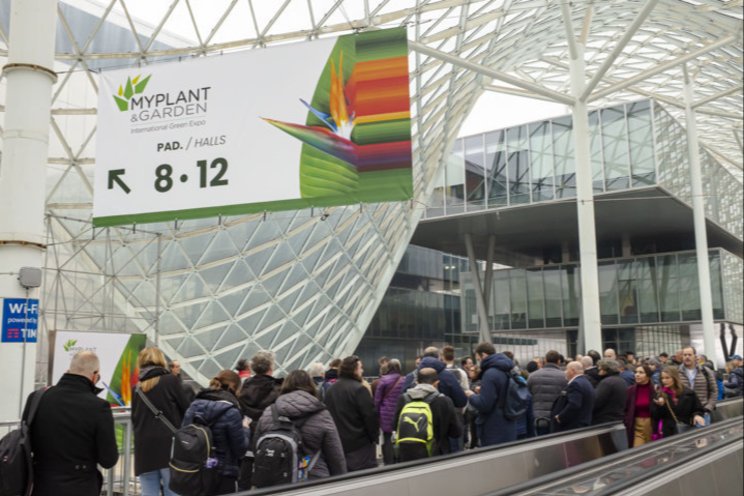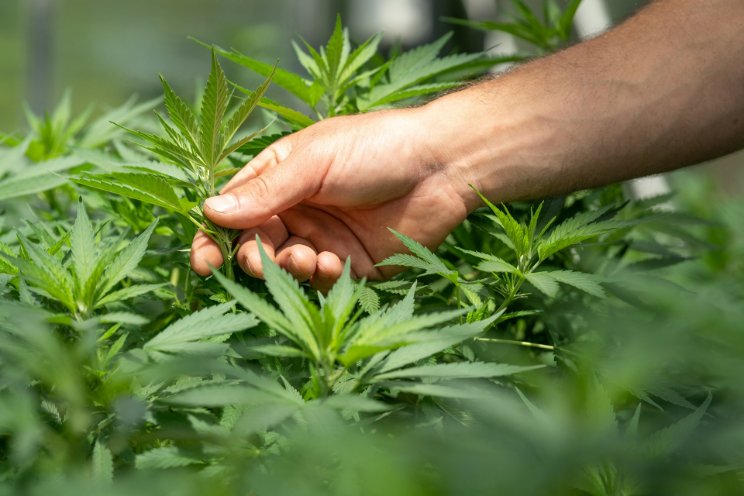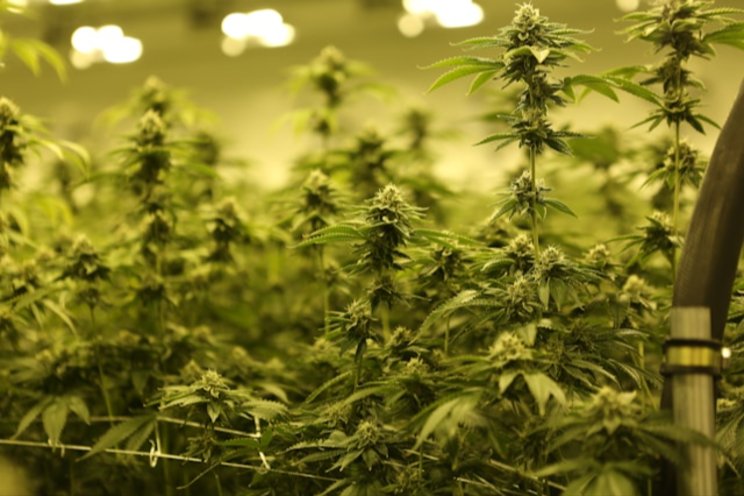Greenhouse growers are open to using recycled water on crops
Added on 29 January 2024

Agricultural producers—including greenhouse growers—have expressed concern about water availability and although access to safe alternative water sources, such as recycled water, has increased, their widespread adoption has not occurred. In this study, the authors aimed to understand what motivates greenhouse growers to adopt and use municipal recycled wastewater (MRW) in their greenhouse operations and what barriers prevent it.
The study is published in the journal HortTechnology.
The research sought to better understand diversity among growers and how it is reflected in what motivates and limits growers' MRW use. In this article, the researchers draw from survey data they collected from 2019 to 2020 on growers' knowledge, perceptions, and willingness to use MRW. They use a logistic regression model to explore the effect of several factors—including concerns over water quality, trust in regulatory institutions, consumer trust, knowledge and experience, capital and monetary incentives, and environmental concerns—on growers' willingness to use MRW.
The results help shed light on the factors that seem to influence a growers' willingness to use MRW and how they may inform approaches to outreach and education, including tailoring such approaches to different informational needs and motivations of growers. The analysis of this study indicated that water quality and knowledge of, or experience with, MRW were central to explaining willingness to use MRW.
Image by drobotdean on Freepik
More news
